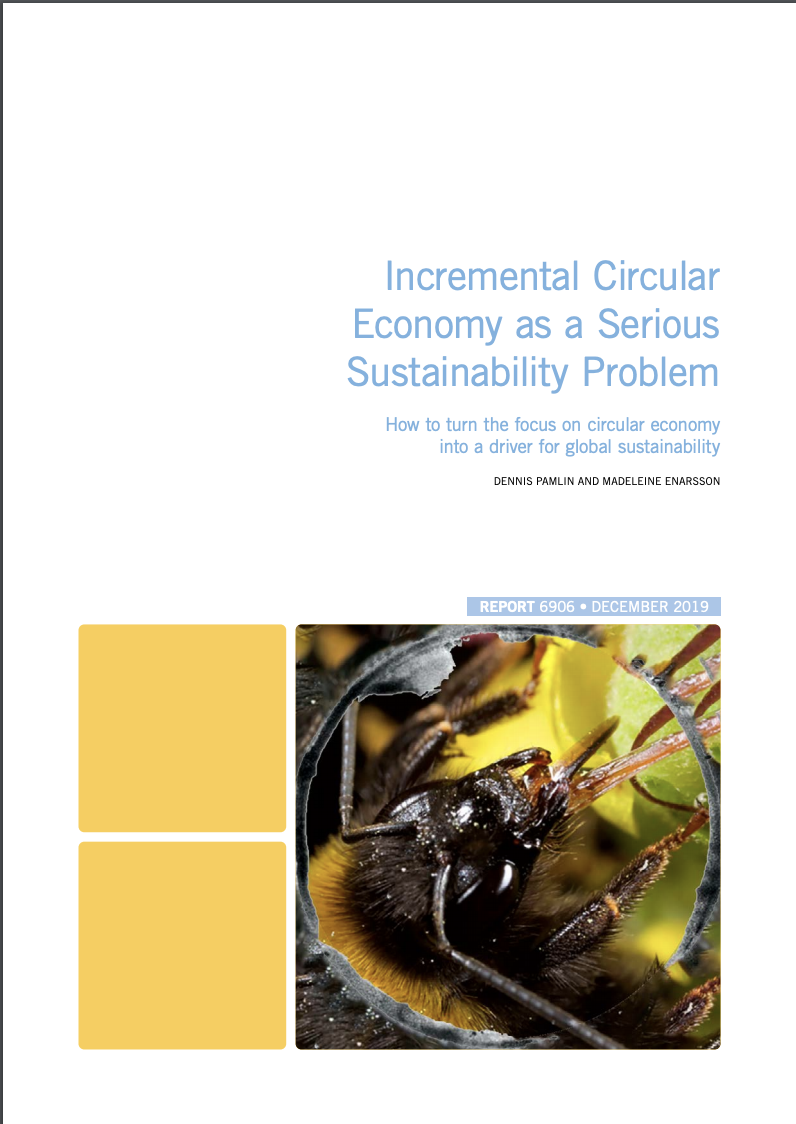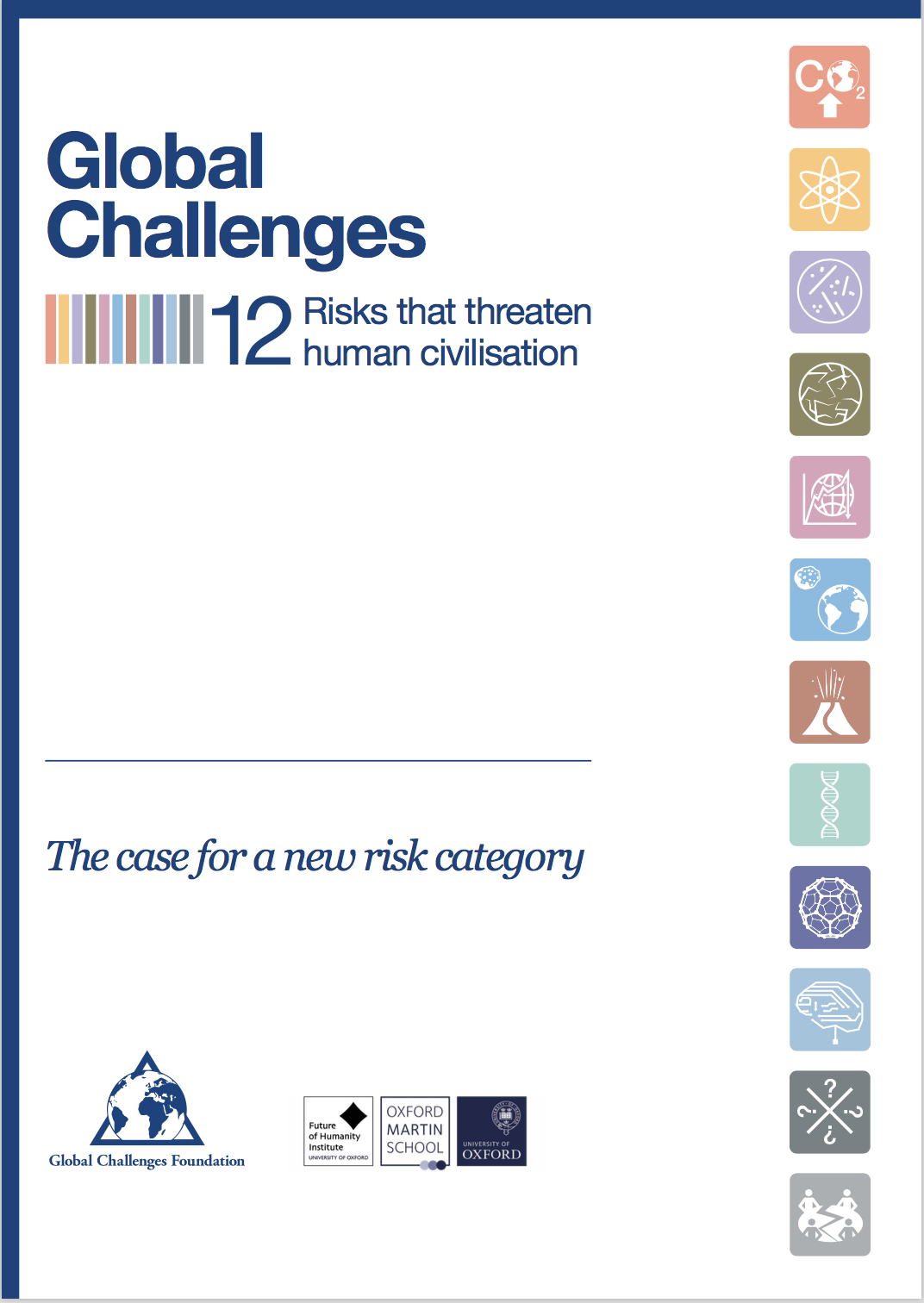Last opportunity for a 1.5°C future? Tipping points created by COVID-19 responses
/Role: Author
Like pandemics, climate change poses a global threat and for all practical purposes, climate change could be considered one of the most dangerous “pandemic” threats facing humanity.1 The responses to COVID-192 have created historically unique tipping points where small changes are likely to push the system into fundamentally different states. These tipping points could be our last opportunity to avoid catastrophic climate change. We are faced with a choice to either accelerate new sustainable habits, develop new structures in support of a just 1.5 °C compatible transition and encourage new perspectives, or we can pursue business as usual and continue to undermine global sustainability.
Before the COVID-19 outbreak, the world was on track to a 3 °C or more increase in average temperature3. Now the question is in what direction society will move. Sustained emissions will almost certainly result in catastrophic events and suffering that will make the COVID-19 situation pale in comparison.4 Although COVID-19 has significant and horrible consequences, it is still very benign compared to even the least dangerous climate change. There is currently a tension between short-term COVID-19 responses built on old development models, and the initiatives needed for global sustainability.































